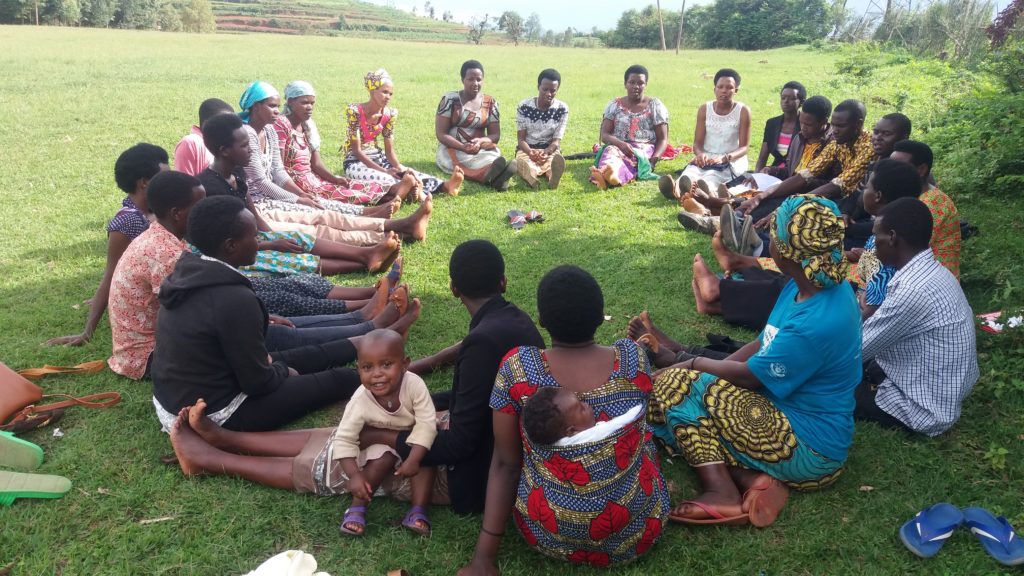“Familiarity breeds contempt” is an idiom attributed to Geoffrey Chaucer. Yet sadly, it is just as relevant – and painfully true – today as it was when Chaucer wrote it in 1386. Most of us have been guilty of it: not showing enough sympathy when our partner has a cold; glazing over when a friend tells us a tale they’ve regaled us with before, even though the story is clearly important to them; taking the love of our siblings or parents for granted.
Perhaps we shouldn’t be surprised to find there is an empathy gap in families where a survivor of genocide or conflict is married to someone who did not endure war or persecution. To be fair, few of us can really grasp what it is like to live through ethnic cleansing or mass atrocities. In her novel about racial prejudice, “To Kill A Mockingbird,” Harper Lee reminds us that we cannot know about another person’s challenges until we have walked a mile in their shoes.

A Culture of Silence
In Rwanda we work with our local partner, Survivors Fund, to provide group and individual trauma counselling to hundreds of survivors of the genocide. Among our clients are men and women who were only children when they witnessed unimaginable horror, losing the people they loved most in the world. Although they are grown up and married now, they remain haunted by their experiences.
Those men and women come to our counselling groups because of conflicts within their families, where either their partner or children don’t fully grasp what it was like to be alive in Rwanda in 1994. There is also friction when husbands or wives lack the patience necessary to give survivors the time and sympathy to come to terms with their past. In some families there is a culture of silence, where personal histories are never spoken about – a situation familiar to many children of Holocaust or rape survivors.
Understanding the Challenges
Whatever the reason, our trauma counsellors provide support to survivors, helping them understand the roots of their depression, anger, or loneliness. We have trained our counsellors to identify trauma and its symptoms and to analyse the causes, providing practical psychological resources such as relaxation techniques and talk therapy.
Yet it isn’t enough to treat survivors; their partners must also be involved if they are to appreciate the challenges facing a loved one, and to help them manage those challenges. Our project provides therapy and support to both sides in unhappy domestic situations, hoping to build a bridge of empathy where there was previously a wall of silence or ignorance.
Partnering to Provide Family Counselling
As mentioned above, we have been partnering with Survivors Fund for a number of years now, working diligently to address the counselling needs of these survivors. The Survivors Fund has produced and shared a video about the need for and value of these programmes, documenting the benefits of the programme in Rwanda.
Watch the Video about Youth Counselling »
Help Support Survivors and their Families
Wherever you are in the world, you can directly help these survivors of the genocide in Rwanda by supporting our counsellor education programmes. Your donation can help ensure that these now-adult survivors have the access to trained professionals that they need to fully recover from the trauma of their youth.
Help Support Our Counselling Programme